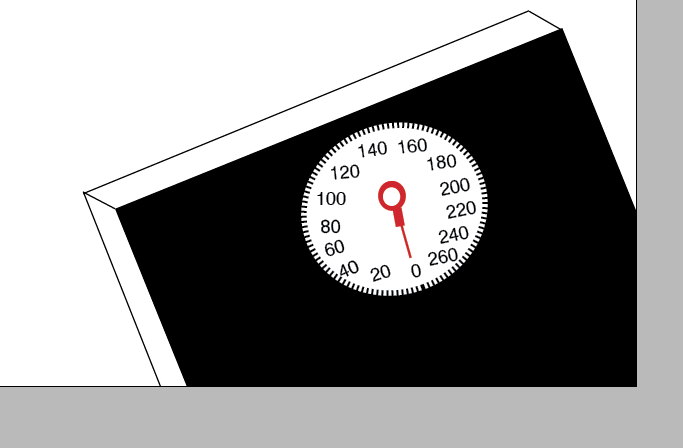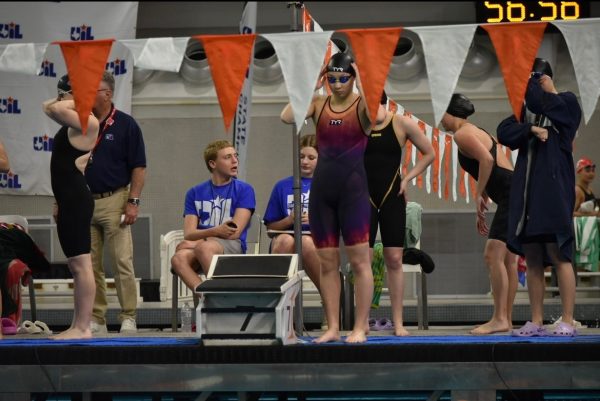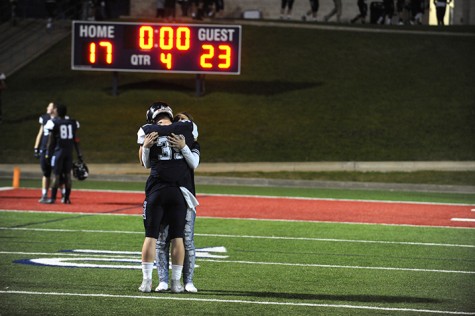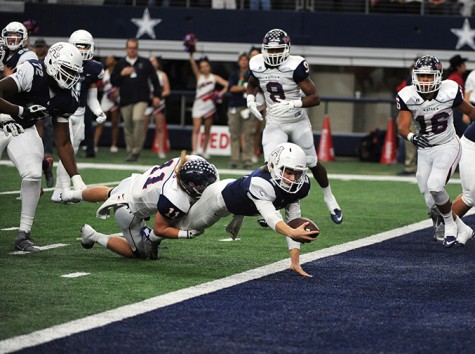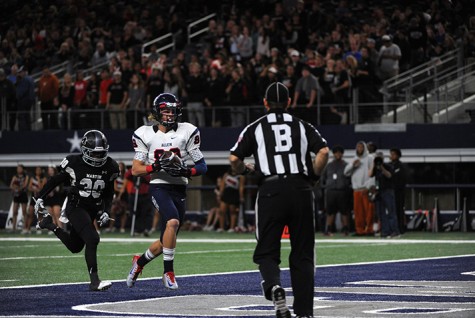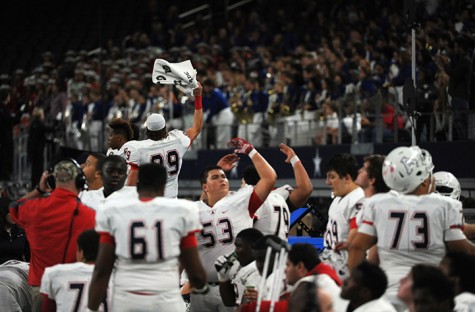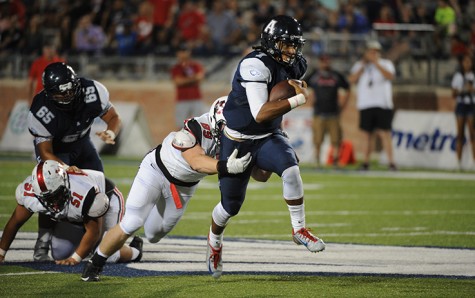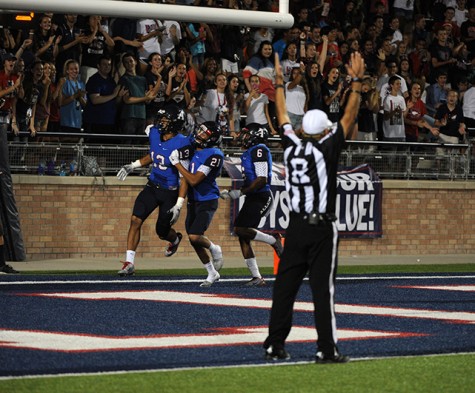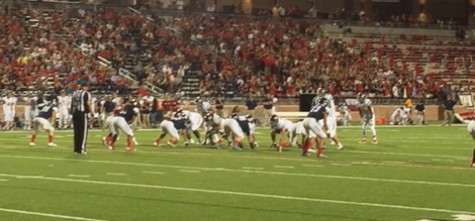Loss
Most athletes don’t usually consider being dehydrated a necessity in their sport. Wrestlers do. Most athletes don’t depend on their weight being an exact number. Wrestlers do. Most athletes don’t have the mental strength to get rid of all excess food and weight because their sport demands it from them. Wrestlers do.
“They have to have a good clean diet,” former wrestling coach Jason Nickal said. “If a wrestler eats clean and maintains a relatively low weight compared to their weight class then they have an easy time making weight at the end of the week.”
For a wrestler, weight is one of the most important things in preparation for a dual. Too high and they will be forced into another weight class that they do not want to compete in. Too low and they could be at a severe disadvantage in the class they are currently in. These athletes are forced to cut, and sometimes gain weight at seemingly impossible amounts.
“I’ve see people cut as much as 17,18,19 pounds in a week,” Nickal said. “[Wrestlers’] minds are different.”
Nickal, who was a wrestling coach in Allen, also has a son who now wrestles for Penn State said that the most his son has ever cut in a one week span is around 10 pounds.
At first glance this yo-yo effect on the body is not healthy. According to the American College of Sports Medicine, wrestlers typically average “between six and seven percent body fat,” while the average for a “typical high school individual is around 15 percent.”
Their body fat is below half of what one of their peers may have. While this may seem in fact healthier, body fat is a very necessary part of our body because it gives us energy, and makes sure the rest of our body stays healthy.
Nickal believes that there is a safe way to cut body weight, and do it in a way that still gives a wrestler a competitive edge.
“It has to be a balance of eliminating food and hydration, because if you eliminate one or the other, they’re both going to have negative effects on you,” Nickal said. “Both of them are essential and I think you have to be very disciplined on the quantity you consume. For each person it is a little different.”
The Orthopedic department at Children’s hospital in Colorado says “dehydration is a wrestler’s worst enemy.” Dehydration can cause fatigue, cramps, and in extreme cases heat stroke. This is what happened to three collegiate wrestlers in 1997, all of whom died while trying to cut weight excessively while refusing liquids and wearing rubber suits so they would sweat more.
“ [UIL] put into place that a minimum body weight a wrestler could compete at was 7 percent,” Nickal said. “[This] was due in part to those three deaths of the wrestlers.”
What this ruling does is prevent people from cutting weight below that percentile, therefore hoping to eliminate excess weight cutting.
“[I’m] not saying it’s not done,” wrestling coach Todd Wyckoff said about cutting excessive weight at the last minute. “I just haven’t seen that work out very well for anybody.”
There is a process that is required now by the UIL for cutting weight to go down a weight class.

Dillon Tye is a senior who is overly attached to all Dallas based sports teams including, but not limited to, the Cowboys, Mavericks and Rangers.


